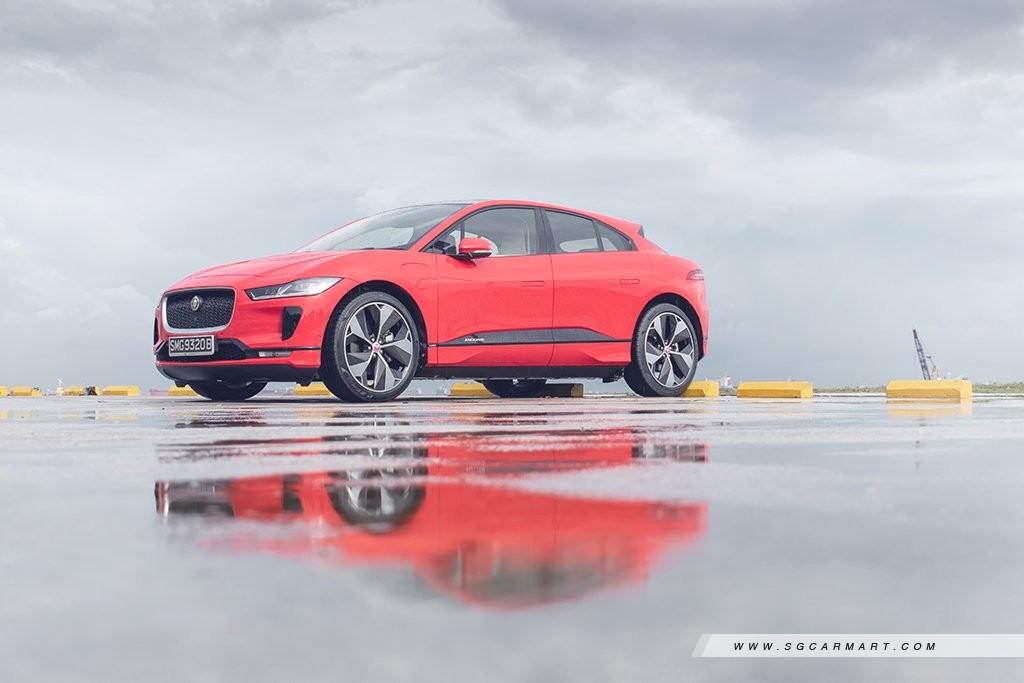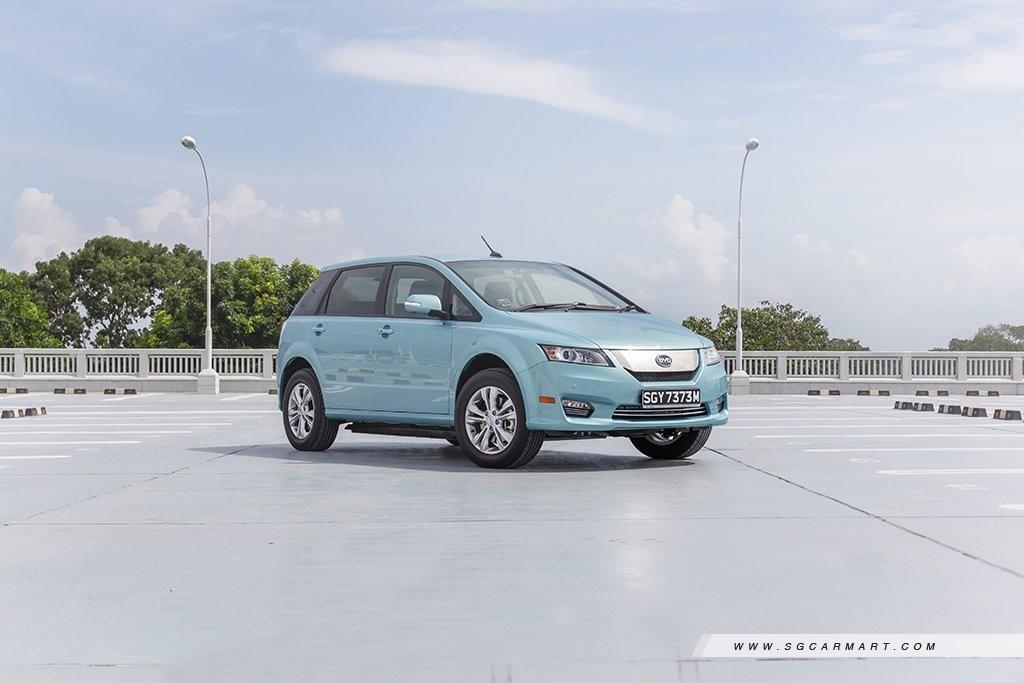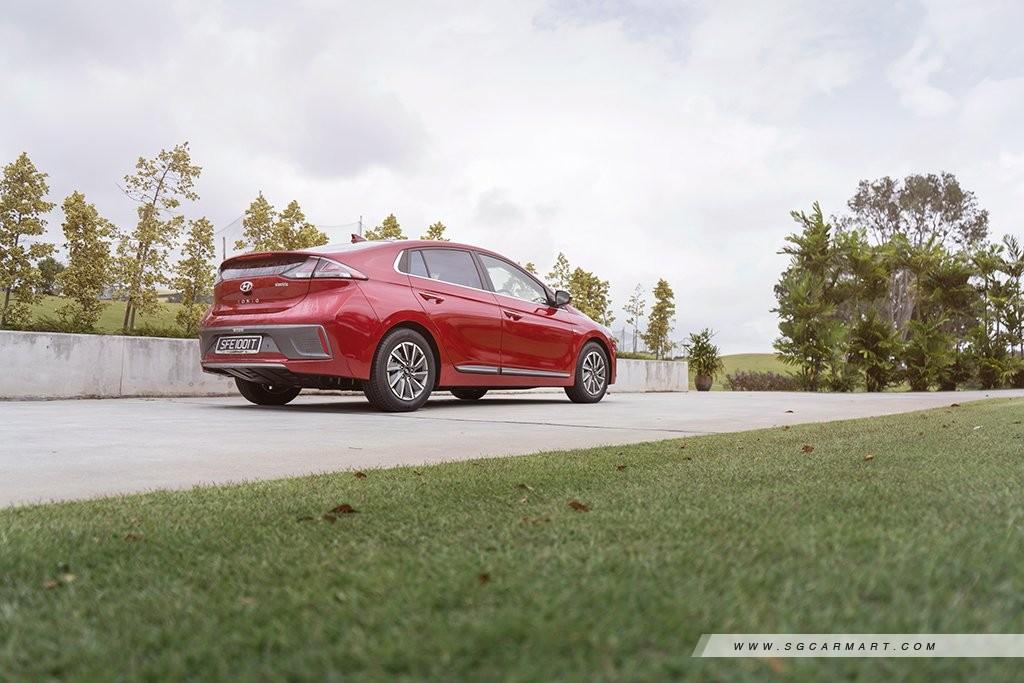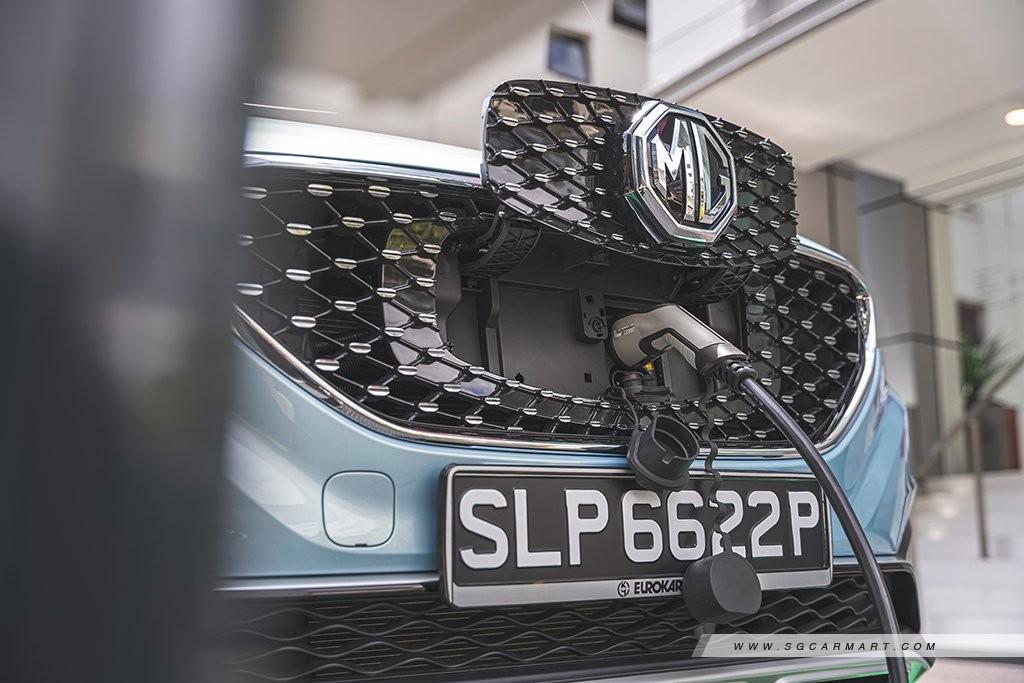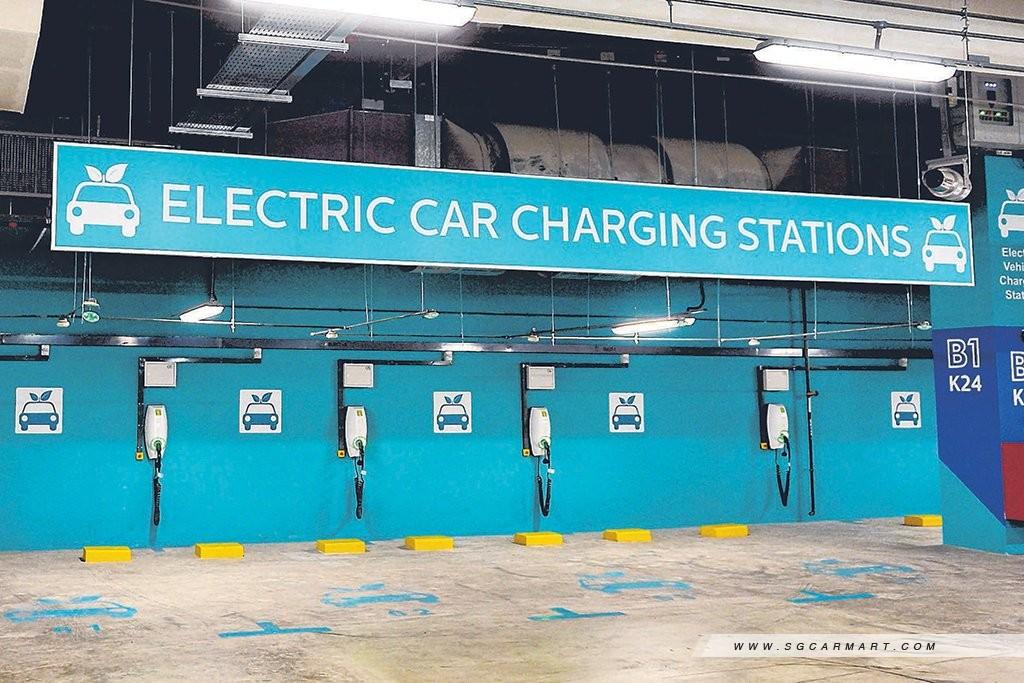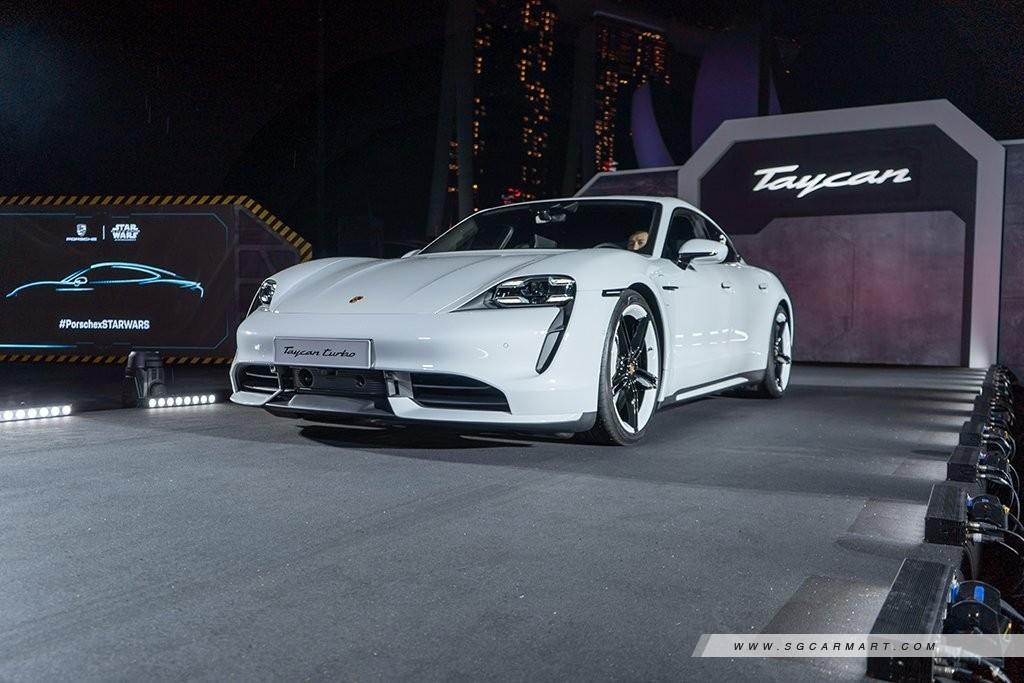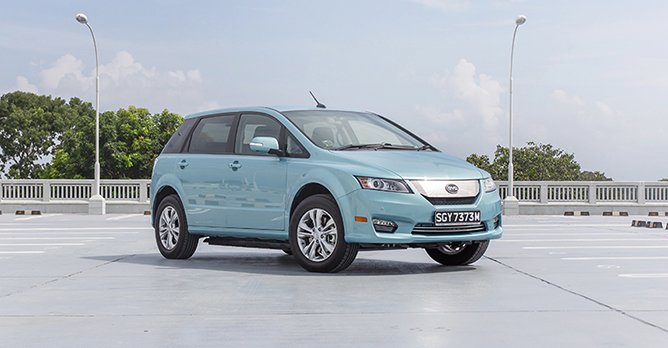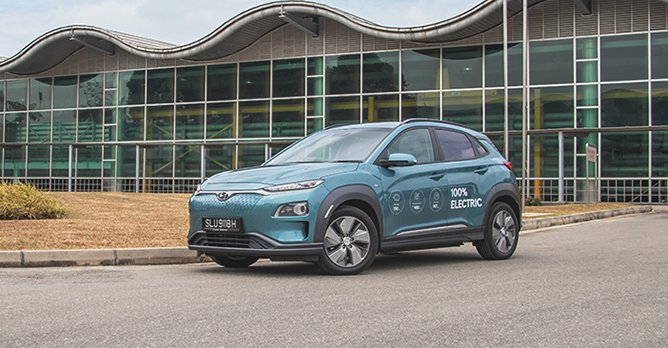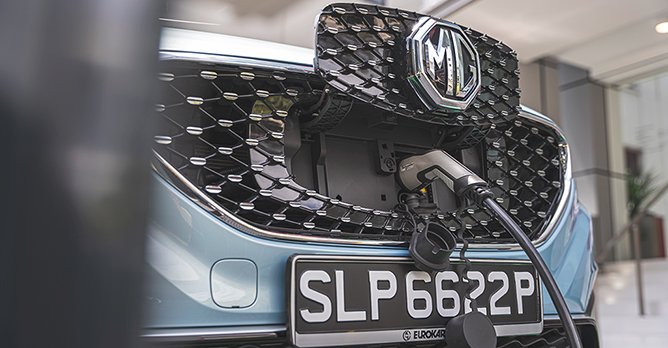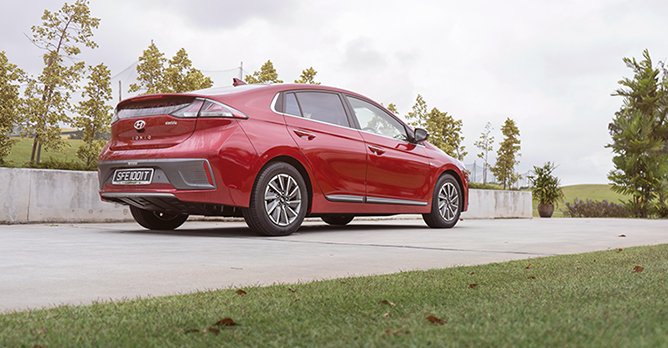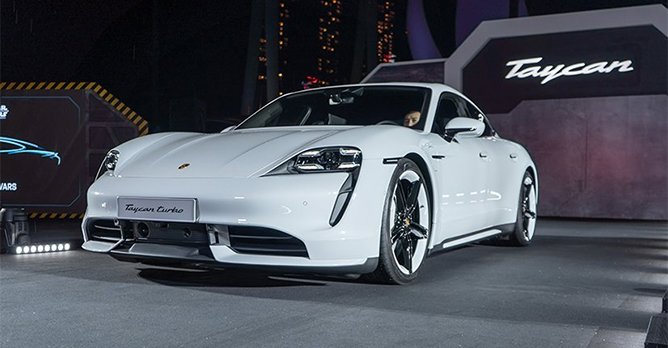Should you buy an electric car in Singapore right now?
22 May 2020|9,574 views
For the automotive industry, electrification is the undeniable future. You see more and more car companies increasingly electrifying car models. Some companies such as Tesla are building their entire business on Electric Vehicles (EVs). Companies like Volvo have promised that its entire model range will be electrified in the near future.
This drive for electrification is a bold response to climate change - traditional Internal Combustion Engine (ICE) vehicles produce pollutants that are harmful to both our individual health, and the health of our planet. And increasingly, we are seeing legislation that looks to forcefully make ICEs a thing of the past.
That's not yet the case in Singapore, but that could well be our future. The Government has announced new electric car tax rebates and initiatives to encourage EV ownership, with the intent of phasing out ICE vehicles by 2040. While there is currently no specific legislature that will definitively bar ICE vehicles in the future, that’s something that is a possibility in the coming years.
So, this begs the simple question: Should you buy an electric car now?
What electric cars are available?
Right now, there are many EV options in the market. You have affordable, practical city runabouts like the Renault Zoe and the Hyundai Ioniq. You also have premium options like the Audi e-tron and the Jaguar I-PACE. And, if performance is something you’re looking for, the Porsche Taycan has got you covered.
However, the choice of buying an EV comes down to two key factors - is it sensible to buy one, and is it sensible to own one?
Which electric cars are affordable?
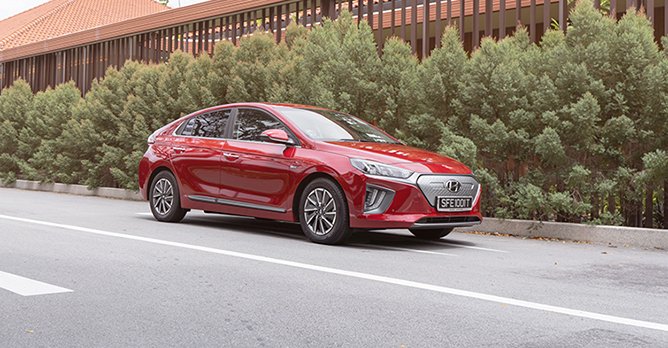
Also, high taxes and ambiguity over how best to classify and tax EVs in Singapore meant that EVs could easily be 30% to 40% more expensive than the equivalent ICE car.
This has evolved over time. As technology gets better (and cheaper) and manufacturing processes more streamlined, EVs leaving the factory no longer have a significant cost disadvantage compared to an ICE car.
And, the recently announced initiatives in Singapore have made EVs more attractive to buy by lowering their upfront costs. Compared to when they were respectively first launched in Singapore, the price of a Jaguar I-PACE has fallen by $6,000, the Hyundai Ioniq Electric by $8,000 and a Nissan Leaf by almost $13,000.
So as far as buying an EV goes, yes, you can sensibly and practically buy an EV now. It's not cheap, but at least it's not off-puttingly more expensive than an ICE counterpart.
Which electric cars are practical?
However, there is the second key matter of ownership. And, this really comes down to one issue - charging.
In all honesty, range doesn't matter, at least not in Singapore. There is no scenario that you should worry about running out of juice on one trip (even cars on the low end of the range scale have at least upwards of 150km of range per charge).
Look, even petrol cars have range. However, you don't hear anyone comparing the fuel tank capacities of cars. This is because refuelling is easily accessible and quick, and we're too used to the habitual convenience.
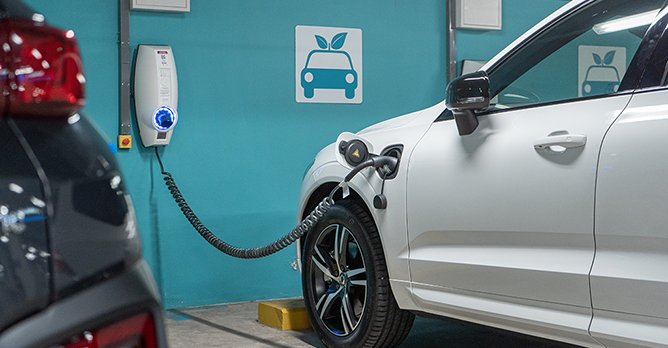
This is an issue right now, no two ways about it. As things currently stand, it is likely only practically feasible to own an electric car if you have access to a dedicated charging point at home or at your workplace, where you can leave your vehicle for an extended period of time.
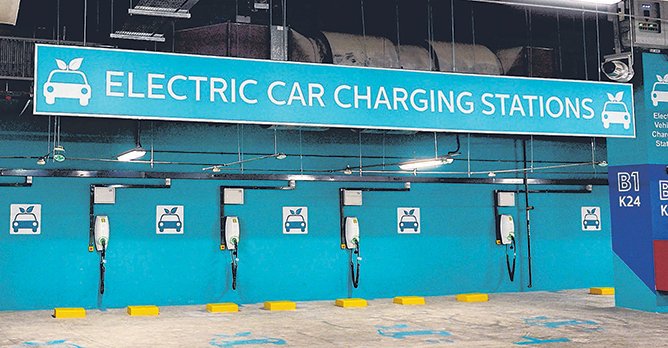
The second is the continued development of battery and charging technology to reduce the time required to charge an EV. While its unlikely that 'refueling' times will drop to the same few minutes that it takes to refuel a petrol car, something in the range of 10 minutes or less will make it much more palatable for most drivers.
What's the choice right now?
If you have regular and dependable access to charging infrastructure, whether it's at home or at the workplace, then yes, you absolutely should opt for EV ownership. EVs have come so far in the past few years that there's no way you can disparage them as being inferior products to their ICE counterparts.
The switch to EVs also wouldn't require you to drastically alter your commuting habits in any way. And yes, it's environmentally beneficial, but EVs also have long-term financial benefits (cheaper to run over 10 years than an ICE car).
However, for a bigger group of people, switching to EVs will require some changes to their commuting habits. Most people right now probably aren't willing to deal with the additional inconvenience.
So, right now, EV ownership is not a viable option for the majority of people. At least not yet.
Hopefully, developments in charging technology and infrastructure will change this over the coming years.
Here are some additional resources about electric cars that may interest you
Electric car rebates - Tax incentives to boost ownership
6 of the best electric & hybrid certified workshops in Singapore
7 reasons why your next car should be an electric car
Ready to make the switch to electric? Check out all the electric cars on sale right now.
For the automotive industry, electrification is the undeniable future. You see more and more car companies increasingly electrifying car models. Some companies such as Tesla are building their entire business on Electric Vehicles (EVs). Companies like Volvo have promised that its entire model range will be electrified in the near future.
This drive for electrification is a bold response to climate change - traditional Internal Combustion Engine (ICE) vehicles produce pollutants that are harmful to both our individual health, and the health of our planet. And increasingly, we are seeing legislation that looks to forcefully make ICEs a thing of the past.
That's not yet the case in Singapore, but that could well be our future. The Government has announced new electric car tax rebates and initiatives to encourage EV ownership, with the intent of phasing out ICE vehicles by 2040. While there is currently no specific legislature that will definitively bar ICE vehicles in the future, that’s something that is a possibility in the coming years.
So, this begs the simple question: Should you buy an electric car now?
What electric cars are available?
Right now, there are many EV options in the market. You have affordable, practical city runabouts like the Renault Zoe and the Hyundai Ioniq. You also have premium options like the Audi e-tron and the Jaguar I-PACE. And, if performance is something you’re looking for, the Porsche Taycan has got you covered.
However, the choice of buying an EV comes down to two key factors - is it sensible to buy one, and is it sensible to own one?
Which electric cars are affordable?

Also, high taxes and ambiguity over how best to classify and tax EVs in Singapore meant that EVs could easily be 30% to 40% more expensive than the equivalent ICE car.
This has evolved over time. As technology gets better (and cheaper) and manufacturing processes more streamlined, EVs leaving the factory no longer have a significant cost disadvantage compared to an ICE car.
And, the recently announced initiatives in Singapore have made EVs more attractive to buy by lowering their upfront costs. Compared to when they were respectively first launched in Singapore, the price of a Jaguar I-PACE has fallen by $6,000, the Hyundai Ioniq Electric by $8,000 and a Nissan Leaf by almost $13,000.
So as far as buying an EV goes, yes, you can sensibly and practically buy an EV now. It's not cheap, but at least it's not off-puttingly more expensive than an ICE counterpart.
Which electric cars are practical?
However, there is the second key matter of ownership. And, this really comes down to one issue - charging.
In all honesty, range doesn't matter, at least not in Singapore. There is no scenario that you should worry about running out of juice on one trip (even cars on the low end of the range scale have at least upwards of 150km of range per charge).
Look, even petrol cars have range. However, you don't hear anyone comparing the fuel tank capacities of cars. This is because refuelling is easily accessible and quick, and we're too used to the habitual convenience.

This is an issue right now, no two ways about it. As things currently stand, it is likely only practically feasible to own an electric car if you have access to a dedicated charging point at home or at your workplace, where you can leave your vehicle for an extended period of time.

The second is the continued development of battery and charging technology to reduce the time required to charge an EV. While its unlikely that 'refueling' times will drop to the same few minutes that it takes to refuel a petrol car, something in the range of 10 minutes or less will make it much more palatable for most drivers.
What's the choice right now?
If you have regular and dependable access to charging infrastructure, whether it's at home or at the workplace, then yes, you absolutely should opt for EV ownership. EVs have come so far in the past few years that there's no way you can disparage them as being inferior products to their ICE counterparts.
The switch to EVs also wouldn't require you to drastically alter your commuting habits in any way. And yes, it's environmentally beneficial, but EVs also have long-term financial benefits (cheaper to run over 10 years than an ICE car).
However, for a bigger group of people, switching to EVs will require some changes to their commuting habits. Most people right now probably aren't willing to deal with the additional inconvenience.
So, right now, EV ownership is not a viable option for the majority of people. At least not yet.
Hopefully, developments in charging technology and infrastructure will change this over the coming years.
Here are some additional resources about electric cars that may interest you
Electric car rebates - Tax incentives to boost ownership
6 of the best electric & hybrid certified workshops in Singapore
7 reasons why your next car should be an electric car
Ready to make the switch to electric? Check out all the electric cars on sale right now.
